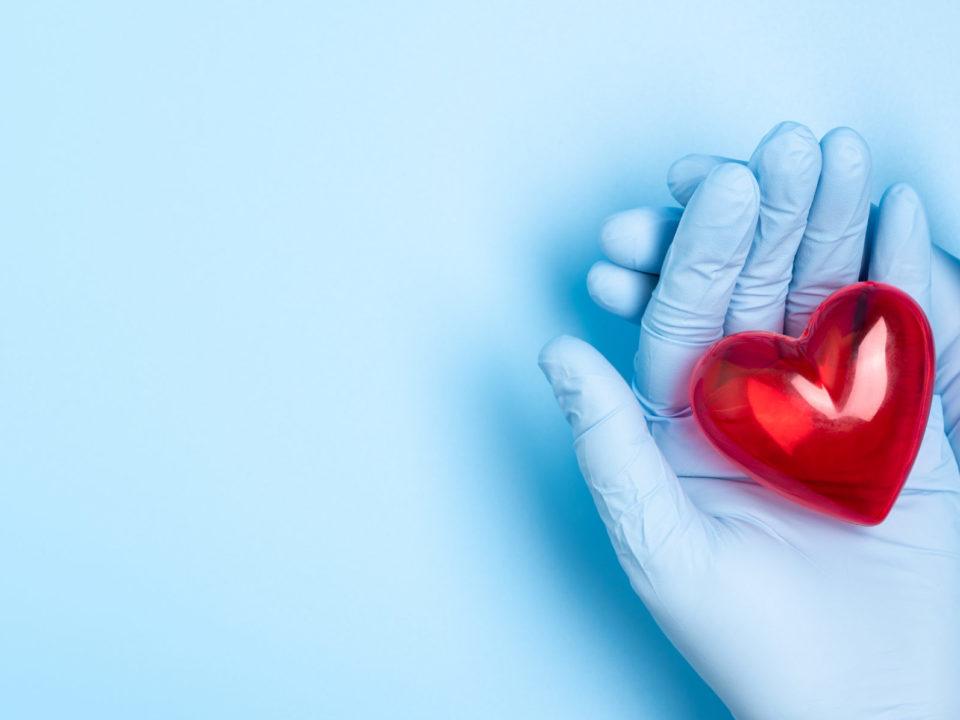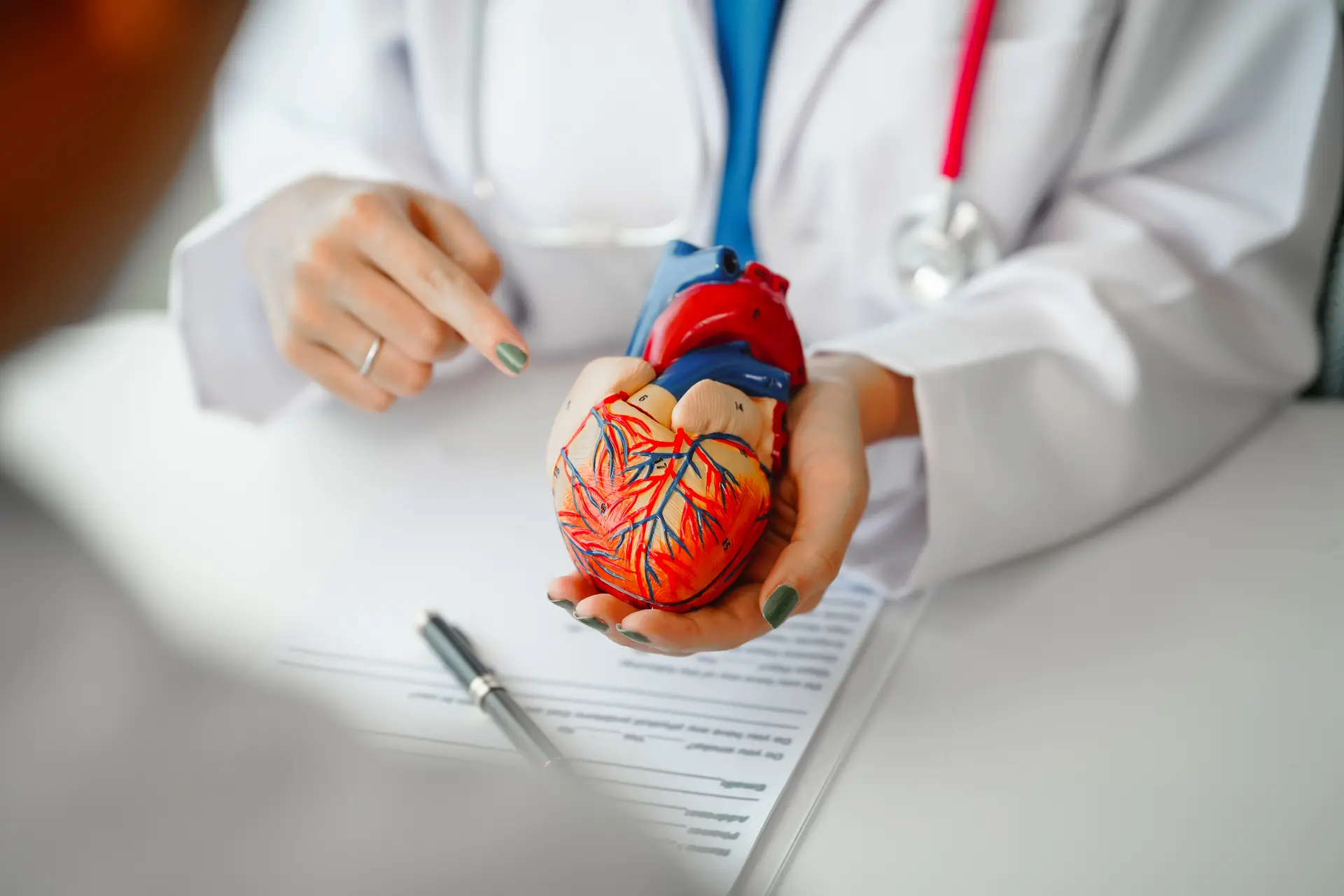Don’t Take Your Eyes for Granted
You wouldn’t be reading this article if your eyes weren’t working properly.
Of all five senses (sight, hearing, touch, taste, smell) our eyes are probably the one sense we most rely on. And while our eyes are as hardy as the rest of our body, they are also fragile precision devices that require maximum tender loving care. The World Health Organisation estimates that as many as 1.3 billion people around the world have some form of vision impairment, with 36 million people who are completely blind.
In this article, we discuss the most common eye ailments, the best vitamins and minerals for our eyes, and the best way to take care of our eyes.
What are the most common eye diseases and ailments?
1. Cataracts are the biggest cause of blindness in South Africa – however it is a condition that can be treated surgically to reverse the loss of sight. Cataracts are milky growths over the lenses of the eye that impair vision. In most cases, they can be removed with surgery.
2. Glaucoma: Chronic Glaucoma is the second leading cause of blindness in South Africa and is the third most common cause of blindness in the world. A shocking 4 in 50 South Africans over the age of 40 suffer from glaucoma, which affects 70 million people worldwide, with almost 5 million who lose their sight completely. Some 50% of people don’t even know they have the disease, which rises to as high as 90% in the developing world. Glaucoma damages the optic nerve (unlike diabetic retinopathy, which damages the retina) and is caused by excessive pressure build-up in the eye. Hereditary factors play a role, as does ethnicity – African people are far more likely to develop the disease than Europeans. However, age, previous eye injuries, steroid use and diabetes have also been strongly linked to the condition. Patients with a family history of Glaucoma, diabetic patients and all patients with deteriorating vision should have their eye pressure checked by an Optometrist or Nurse. If an IOP of >21 is detected, referral to an Ophthalmologist will be made.
3. Diabetes: The prevalence of Diabetes in South Africa amongst Indians is 11%-13% and amongst Africans is 5% and increasing. 90% is type 2 Diabetes, in which the diagnosis of retinopathy may be established before the diabetes is diagnosed. Risk factors for the development of Diabetes include being overweight, a lack of exercise, and Insulin resistance. This prevents the body from processing blood sugar (glucose) properly. This sugar, in excess in the blood, then damages the blood supply to the retina, which is the part of the eye that receives and interprets light signals as they pass through the lens. All patients with diabetes should see an eye specialist at least once a year. Read more about Diabetes here.
4. Macular degeneration is the leading cause of visual loss in Caucasian individuals over the age of 60. It occurs when a small central portion of the retina, known as the macula degenerates and causes a profound deterioration in central vision. Although macular degeneration is almost never blinding, there is no cure and it can be a source of significant visual disability. The risk of losing vision from AMD can be lowered by taking vitamins, quitting smoking, keeping blood pressure and cholesterol under control. Have a comprehensive eye exam once a year if you are over the age of 60.
Contact your doctor, an eye specialist or an optometrist if you are concerned about your eyesight, or if you notice changes in your vision or the way your eyes feel.
Good foods for healthy eyes
Leafy greens are particularly good for your eyes, so be sure to eat lots of spinach and kale. Omega-3 fatty acids, lutein, zinc, and vitamins C and E have been shown to help with cataracts and macular degeneration.
Tuna, salmon and other oily fish is also known to assist with eye health. Stock up on and drink citrus fruit juices or eat citrus fruit, including oranges, naartjies, grapefruit and even granadilla (which is very high in vitamin C). Also make sure to eat legumes such as beans, while eggs and nuts help with good eye health too.
The idea that carrots give you healthy eyes has subsequently been disputed, but it is actually true: carrots are an important source of vitamin A, which is needed to help your eyes function. However, you can also get this vitamin in egg yolks, cheese, milk and liver.
Sensible eyecare
If you are diabetic or carry excess weight, begin reducing your daily kilojoule intake and start exercising for 30 minutes 5 times a week.
Computer use, while not inherently bad for your eyesight, can cause your eyes to take strain due to prolonged hours of accommodating one’s eyes for near vision. Computers also create a wave of warm air around you which can dry your eyes. Break the concentrated focus on your computer screen every 20 minutes and look at objects far away in the distance, to give your eyes a change of focus. Also, take a break from your desk for at least 10 minutes every hour. Don’t rub your eyes excessively (rather use a good lubricating drop), avoid smoking, stay hydrated, and protect your eyes from the sun with a good pair of glasses.
Remember that the eyes are your window to this beautiful world, so make sure you seek the help of your doctor in protecting yours.
The lenmed Group is a world-class chain of Private Hospitals that brings quality healthcare to communities across Southern Africa.
For more information please contact:
Dr L Raman-Abdulla
Ophthalmologist
MBBCh (Wits) DipOphth (SA) MMed (OPHTH) (Wits) FCOphth (SA)
Randfontein Private Hospital
Tel: +27 (0) 87 087 2653
Website: www.theeyedoc.co.za
Email: [email protected]
Disclaimer: Any information contained here is merely a guideline. Always visit your healthcare practitioner for any health-related advice or diagnosis.
















